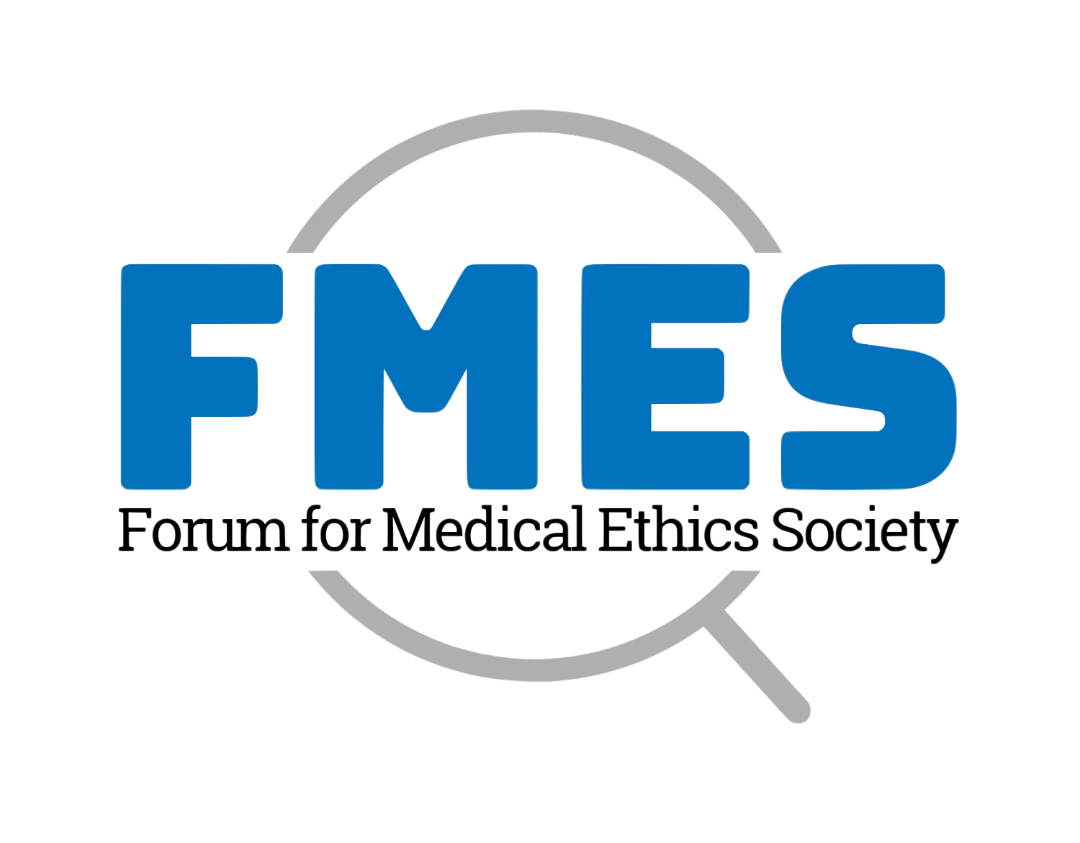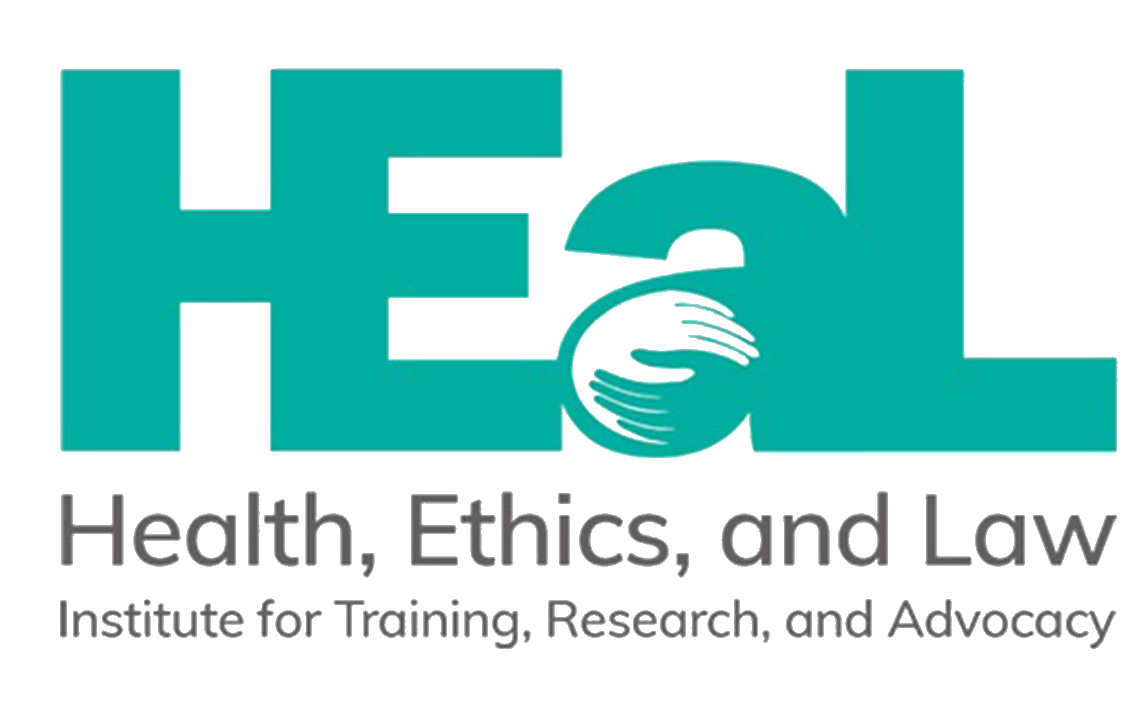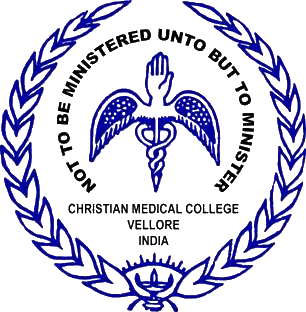|
10th National Bioethics Conference of the Indian Journal of Medical Ethics March - April 2025, Virtual
|
10th NBC Main Theme
Artificial Intelligence (AI) in Healthcare: Ethics, Law and Human Rights Matters
Co-hosted by
Forum for Medical Ethics Society (FMES);
Indian Journal of Medical Ethics (IJME), and
Christian Medical College Vellore (CMC Vellore)
Concept Note
Theme: Use of AI in Forensic Medicine to Enhance the Criminal Justice System
Day, Date, and time: April 2, 2025 between 1700 and 1900 hrs (IST)
Modality: Presentations/talk followed by open discussion
Background
Forensic medicine plays a pivotal role in the criminal justice system by providing scientific evidence crucial for legal proceedings. In recent years, artificial intelligence (AI) has emerged as a transformative tool in forensic sciences, revolutionizing areas such as forensic pathology, toxicology, DNA analysis, crime scene reconstruction, and digital forensics. AI-driven technologies are poised to enhance accuracy, efficiency, and objectivity in forensic investigations, thereby strengthening the evidentiary value in courts. India, with its diverse and complex legal framework, faces unique challenges in forensic investigations, including case backlogs, limited expert availability, and the risk of human bias. Overburdened forensic laboratories, a shortage of forensic experts, and lengthy trial processes further exacerbate these issues, often delaying justice. AI offers a pathway to address these bottlenecks by streamlining forensic investigations, reducing human error, and enhancing the credibility of forensic evidence in court.
However, the adoption of AI in forensic medicine requires careful consideration of ethical, legal, and technical factors to prevent biases and ensure transparency. It is essential to establish robust regulatory frameworks and interdisciplinary collaborations to safeguard fundamental principles of justice. This session will facilitate a meaningful dialogue among forensic professionals, AI researchers, and legal experts to explore how AI can be responsibly integrated into forensic medicine and forensic science while maintaining scientific rigor and judicial fairness.
Objective of the Session
This virtual session aims to explore how AI can be effectively integrated into forensic medicine and forensic science to support the criminal justice system in India. The session will engage forensic experts, medical professionals, forensic medicine scholars, and AI ethics researchers to discuss innovations, challenges, and ethical considerations in this rapidly evolving field.
Expected Outcomes
- Identification of AI applications that can be immediately implemented in forensic medicine in India
- Awareness of ethical and legal considerations surrounding AI in forensic practice
- Strengthening interdisciplinary collaboration between forensic scientists, AI developers, and legal professionals
- Policy recommendations for the responsible and effective use of AI in forensic medicine
Target Audience
- Forensic pathologists and toxicologists
- Law enforcement agencies and forensic investigators
- AI and machine learning researchers
- Forensic and Legal scholars
- Judiciary members
- Medical professionals specializing in forensic medicine
- Ethics and policy experts in forensic science
- Other interested members
Programme Schedule
- Setting the tone: Introduction to AI Dr. Malik, (10 minutes)
- What Is AI
- Understanding few terms related to AI
- Evolution of AI
- Current Status of Use of AI in FMT
- AI in Forensic Pathology and Autopsy Analysis - Dr Patowary (45 minutes)
-
- AI-assisted post-mortem imaging (e.g., virtopsy) for non-invasive autopsies
- Machine learning models for injury pattern recognition and cause-of-death analysis
- AI-based age estimation in medico-legal case
- AI in Legal and Judicial Forensic Practices - Dr Malik (20 minutes)
-
- AI tools for forensic case management and expert testimony support
- Predictive analytics for crime trend forecasting and risk assessment
- Ensuring AI-generated forensic evidence is legally admissible in Indian courts
- Challenges, Ethics, and Future Directions - Dr Vina and Akuma (15 minutes)
-
- Bias in AI-based forensic tools and potential miscarriages of justice
- Data privacy, consent, and regulatory frameworks for AI in forensic medicine
- Need for standardization and training in AI-driven forensic investigations
- Perception of the use of Artificial intelligence among teaching faculty and postgraduate students of Forensic Medicine – A questionnaire-based study - Dr. Sasi Kumar (10 minutes)
- Open discussion and Wrap up (20 minutes)
Anchor: Dr. VenkatKrishna Shenoy and Ms. Aarti Halwai
Panel presentation topic: Use of AI in Forensic Medicine to Enhance the Criminal Justice System
Presenters:
- Prof (Dr.) Yogender Malik - Professor, Dept. Forensic Medicine & Toxicology
Bhagat Phool Singh Govt Medical College for Women, Sonipat, Haryana - Amar Jyoti Patowary - Professor & Head, Dept. of Forensic Medicine, North Eastern Indira Gandhi Regional Institute of Health and Medical Sciences (NEIGRIHMS)
- Prof. Dr. Vina Vaswani - Professor, Department of Forensic Medicine & Toxicology
Director, Centre for Ethics, Yenepoya (deemed to be University) Mangalore 575018 - Akuma Ifeanyichukwu - PhD Research Ethics, Yenepoya (deemed to be University) Mangalore 575018
- Dr Sasi Kumar J MBBS - Final Year Postgraduate student, Department of Forensic Medicine and Toxicology, Yenepoya Medical College Hospital, Deralakatte, Mangalore
Conclusion
AI holds immense potential to enhance forensic medicine and forensic science in India, contributing to a more efficient, accurate, and just criminal justice system. By addressing technical, ethical, and legal challenges, this session will pave the way for responsible AI integration in forensic investigations, ensuring both scientific rigor and judicial fairness.
Conference Speakers and Chairs

Aarti Halwai
Tutor, Centre for Ethics, Yenepoya (deemed to be University)

Akuma Ifeanyichukwu
Designation
PhD Research Ethics Scholar,
Senior Research Fellow,
Centre for Ethics, Yenepoya (deemed to be University) Mangalore
Profile overview
- MSc. Research Ethics
- Member-Teacher Registration Council of Nigeria (TRCN); Home Economics Research Association on Nigeria (HERAN); Education Research and Development Association (ERDA); South Asia Bioethics Community (SABC); National Student Bioethics Association (NSBA)
Areas of expertise
- Research and Interest Areas: Research Ethics, AI Ethics, Public health Ethics, Multidisciplinary Studies
- Publications: National and international – above 7
Selected Academic Contribution
- Resource person and has made numerous presentations at national and international conferences.
Awards and Recognition
- Best Oral Paper Presentation – FERCICON, 2024
- Prof. Ramalingaswamy Award - FERCICON, 2024
Yenepoya Best Researchers award – PhD Senior Researcher 2025

Amar Jyoti Patowary
Designation
Professor and Head, Department of Forensic Medicine,
Nodal Officer for Telemedicine
North Eastern Indira Gandhi Regional Institute of Health and Medical Sciences (NEIGRIHMS),
Profile overview
- Doctor of Medicine (MD)
- Life member- Indian Academy of Forensic Medicine; International Society of Forensic Radiology and Imaging, International Academy of Legal Medicine, among others…
Areas of expertise
- Research and Interest Areas: Cosmetic autopsy incision, Toxicology, Forensic Radiology and Imaging, Clinical Forensic Medicine, Medical Education
- Publications: • Authored eight chapters, with 39 research papers in national and international peer reviewed journals.
Selected Academic Contribution
- Developed a new Autopsy Incision, the Cosmetic Autopsy Incision
- Resource faculty in numerous CME, Conferences and worships both in the national and interaction level
- Former Vice President - Indo-Pacific Association of Law, Medicine and Science (INPALMS)
Awards and Recognition
- Fellow of Indian Academy of Forensic Medicine (FIAFM) 2021
- Fellowship of Indian Academy of Medico-legal Experts (FIAMLE) 2023
- National Foundation of Clinical Forensic Medicine (FNFCFM) 2011
- Fellow of International Medical Science Academy (FIMSA) 2011

Sasi Kumar J MBBS (MD)
Designation:
Final year Postgraduate student
Department of Forensic Medicine and Toxicology
Yenepoya Medical College Hospital, Mangalore
Profile overview:
- Completed MBBS in 2021 at Government Villupuram Medical College, Tamil Nadu
- Joined as a Postgraduate student in MD Forensic Medicine at Yenepoya Medical college, Mangalore in 2022.
Awards and recognition:
- Second prize in paper presentation at Forensic Eye conference 2024: Title: “Perception of use of Artificial intelligence applications in Forensic Medicine among teaching faculty and postgraduate students of Forensic Medicine -A questionnaire-based study”
- Best poster at PAFMAT conference 2023: Title - “Uses of Artificial intelligence (AI) in Forensic Medicine”
Best poster award in online poster.
Research:
- Comparison of CT scan findings with autopsy findings in head injury cases admitted to Yenepoya Medical College Hospital and exploring the CT scan predictors for outcome of head injury – An Ambispective study (Dissertation)
Perception of use of Artificial intelligence applications in Forensic Medicine among teaching faculty and postgraduate students of Forensic Medicine -A questionnaire-based study (Published in JFMT Journal)

Venkatkrishna Shenoy. M
Designation Associate Professor, Yenepoya (deemed to be University)

Vina Vaswani
Designation
Professor, Department of Forensic Medicine & Toxicology
Director, Centre for Ethics
Yenepoya (deemed to be University) Mangalore 575018
Profile overview
- MD, M Phil, MA, PhD (Bioethics)
- Faculty, 2003 -Till date
- Member, Board of Director, International Association of Bioethics (IAB)(2022 - 2026)
- Member INTERPOL, Working group in Forensic Anthropology and Pathology (Since 2022)
Areas of expertise
- Research and Interest Areas: Rehabilitation of Victims of Sexual Violence, Disaster Ethics, Humanitarian Forensics, Disaster Victim Identification, Research in Forensic Anthropology
- Publications: National & International- above 33
Selected Academic Contribution
- Founder Member, Asia-Pacific Medico-legal Association (APMLA)
- Life Member, Indian Academy of Forensic Medicine
- Life Member (and former Vice President), Indo-Pacific Association of Law, Medicine and Science (INPALMS) among others…

Yogender Malik
Designation
Professor, Dept Forensic Medicine & Toxicology
Bhagat Phool Singh Govt Medical College for Women, Sonipat, Haryana
Profile overview
- Faculty, 2011-Till date
- Advisor, Chief Minister Haryana (2015-20)
- Member, Ethics & Medical Registration Board, National Medical Commission (2020-24)
Areas of expertise
- Research and Interest Areas: Forensic Pathology, Toxicology, Medical Education, Public Health, and Bio-Ethics
- Publications: National & International- 30;
Selected Academic Contribution
- Member Institute Body, AIIMS Bhatinda
- Advisor ICMR-Centre for Innovation and Bio-Design (CIBioD) PGIMER Chandigarh
- Member, Academic Planning Board Sri Krishna AYUSH university
- Advisor to University of Ladakh
Awards and Recognition
- 23rd Bhau Rao Deoras Smriti Sewa Samman,
- India TV Health award 2018





